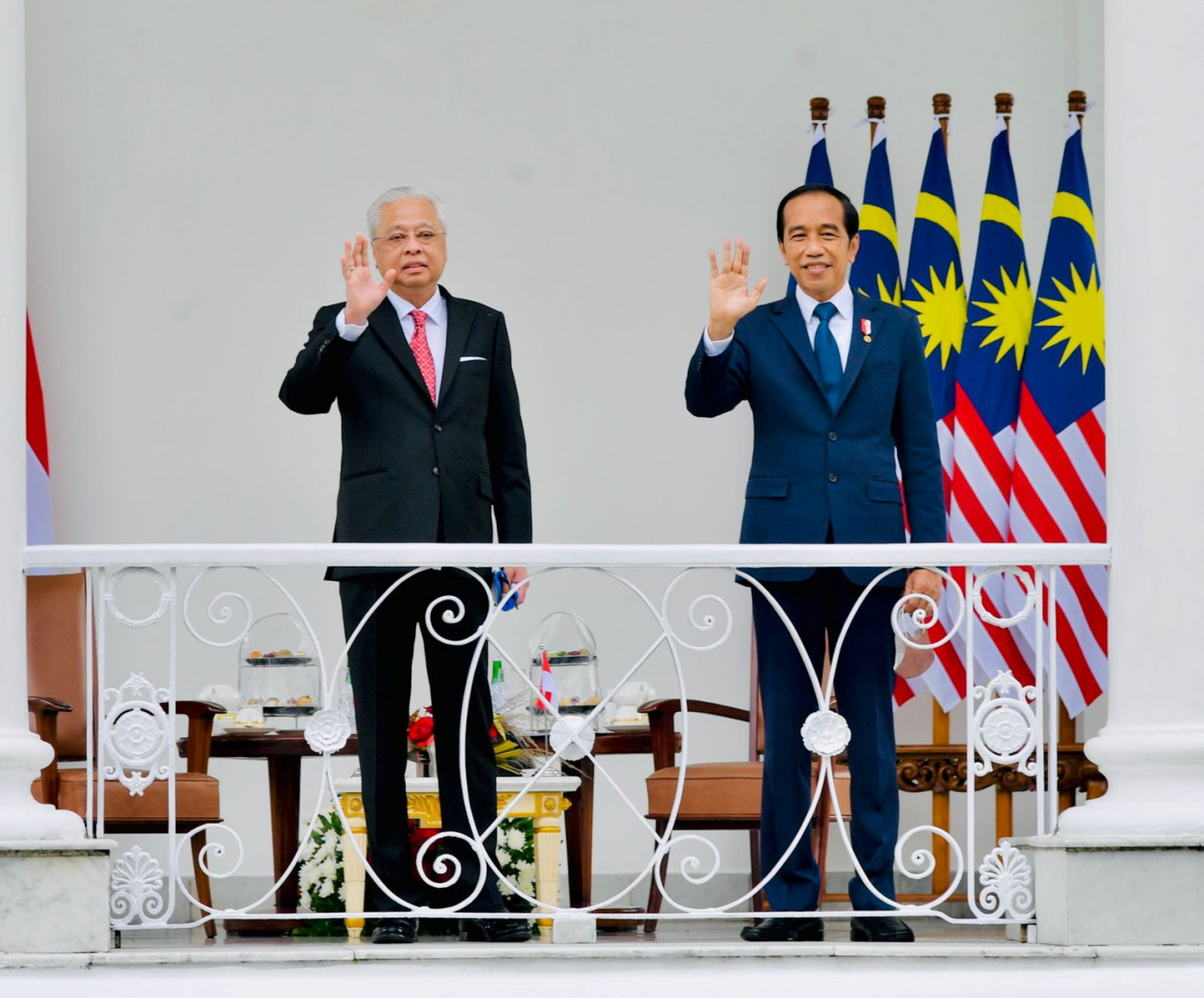Popular Reads
Top Results
Can't find what you're looking for?
View all search resultsPopular Reads
Top Results
Can't find what you're looking for?
View all search resultsMalay for ASEAN
Article 34 of the ASEAN Charters rules English as the working language for the diverse grouping.
Change text size
Gift Premium Articles
to Anyone
Malaysian Prime Minister Ismail Sabri Yakoob's proposal to use Malay as the second language after English in ASEAN received a lukewarm response from Indonesia for a few reasons, including the difficulty to decide which version of Malay will be used.
The idea, too, can trigger suspicion from ASEAN members that do not speak languages that are rooted in Malay. Malaysia, however, should be given a fair chance to convince the other nine members of the regional grouping that the Malay language will help accelerate progress in ASEAN.
Foreign Minister Retno LP Marsudi and Education, Culture, Research and Technology Minister Nadiem Makarim have shown little enthusiasm for the initiative. Article 34 of the ASEAN Charters rules English as the working language for the diverse grouping.
Nadiem expressed his worry that Malay would be spoken as another official language for ASEAN.
“As a minister, of course, I rejected the proposal. But a wish was made by our friendly state that proposed Malay as the official language of ASEAN, so it needs to be discussed further at the regional level,” said Nadiem.
In a joint press conference after their bilateral summit at the State Palace on Friday, Ismail Sabri claimed President Joko “Jokowi” Widodo had agreed to his idea. Malay is spoken in Malaysia, Indonesia and Brunei, as well as in some parts of Thailand, Cambodia and the Philippines.
The prime minister’s initiative is without no basis. The majority of the ASEAN population speaks Malay, taking into account the Indonesian language, which owes its origin to Malay. But we also have to consider the feelings of other ASEAN members such as Vietnam, Thailand, the Philippines and Cambodia. They may suspect that the proposal's real intention does not just concern language but instead see it as a hidden agenda for ethnic supremacy.
President Jokowi responded to his guest’s idea with a smile, apparently because he was happy to have witnessed the two governments sign a long-overdue memorandum of understanding (MoU) on the protection of Indonesian migrant workers in Malaysia. Millions of Indonesian migrants, mostly blue-collar workers, had been employed in Malaysia without legal protection since 2016, when the old MoU expired.
Jokowi’s typical Javanese smile may indicate his reluctance to accept Malaysia’s proposal due to the possible backlash from other ASEAN nations that do not speak Malay. ASEAN unity must be of great concern for Jokowi.
Retno said the Malaysian prime minister’s idea would require further study and made it known that Indonesia had not given its approval.
The Malaysian leader will have a chance to officially raise his idea during the upcoming ASEAN summits, which take place twice a year. Then, it will be further discussed at senior official and ministerial meetings.
One thing is sure: When the proposal is approved by ASEAN leaders, they have to amend the ASEAN Charter, which clearly defines English as the working language of the organization.
We also need to remember that the Malay language is not uniform. Indonesian, which is rooted in Malay, has been greatly influenced by Javanese since it was adopted as the unifying language back in 1928. The original Malay is commonly spoken in Riau.
Malaysia should only have to convince ASEAN that the proposal will do more good than harm, which will certainly not be easy.











